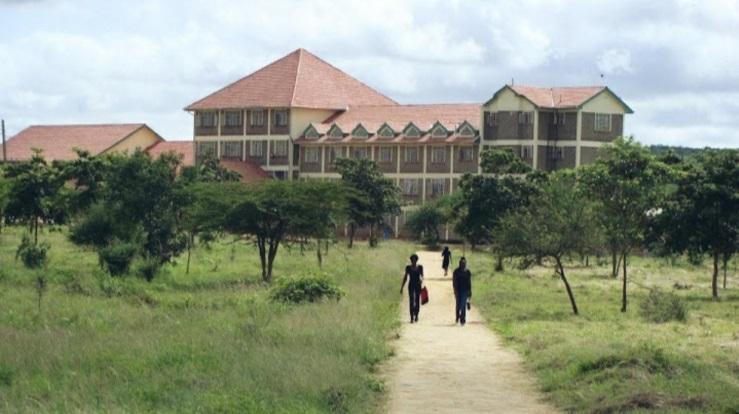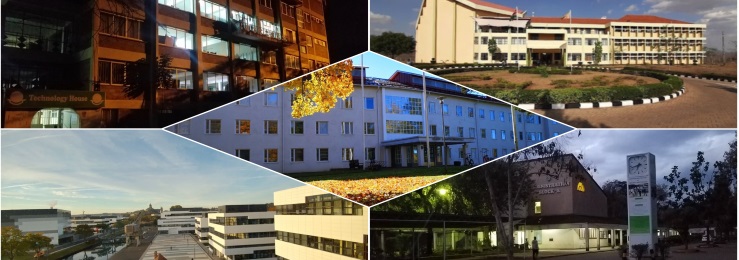Working life is very international today, and engineers need knowledge in international working methods and language skills.
Multinational teams are composed of people having different personalities and cultural backgrounds. Communication and social interactions amongst team members has a strong effect on the completion and general success of a project. Therefore, cultural awareness and open-mindedness become very important skills for successful project management, as a team learns to work together.
This project is no different. Our main objective is to find sustainable solutions for recycling aluminium in Kenya. Our team consists of eleven members: five Finnish students from Häme University of Applied Sciences, one German exchange student from Rhein-Waal University of Applied Sciences, and five Kenyan students from two different universities (Jomo Kenyatta University of Agriculture and Technology and South Eastern Kenya University).

Data collection and acquisition makes a huge piece of our project. Students from each country and university have varying opportunities for collecting relevant data. In Finland, the strong literature available provides a rich source of information. In Kenya, the direct access to the landfills and recycling merchants provides more concrete opportunities for targeted data searches. Still, there are challenges that arise, even when the project has been armed with such a great combined arsenal from the two countries.
When students collect information in different countries, on different continents, it is important to find a common goal. Things like who takes responsibility for which information, what data is relevant, what data is obtainable etc. are just tip of the whole data collection iceberg before all of it is aggregated into a smooth whole. Effective communication and social skills are needed to avoid the pitfalls of redundant and double work. Although everyone has their cultural background, it does not necessarily define them as a person. In other words, every person should be seen as an individual.
The time of remote connections makes it possible to communicate across borders and seas, and this post-pandemic time has accustomed students to operating remotely. However, remote connections make it difficult to achieve the same sense of community as gathering in the same place. To be concretely together. To throw ideas and thoughts into the air more freely, without thinking about opening and muting microphones. Communality is also formed in those short or longer moments when you take breaks from working. Let’s have lunch together, catch up, walk or drive home together, or just stay and talk for a while about other than project-related issues. It is almost impossible to achieve these small moments on just remote connections. Their existence was not even properly understood before they were taken away.
Of course, this sense of community is not a prerequisite for successful cooperation. However, it would be a good idea to make enough time to create a communication connection. Time to get to know people you work with. Through getting to know each other’s ways of doing things and communicating, there is less room for preconceptions and misunderstandings.
Authors
Jonna, Katja, Anni, Maria, Mikko (HAMK); Brian (JKUAT)
Team Kenya Aluminium

